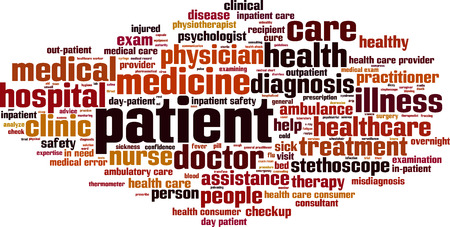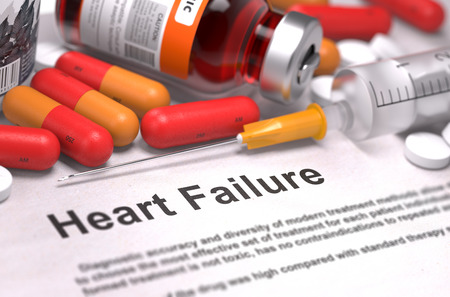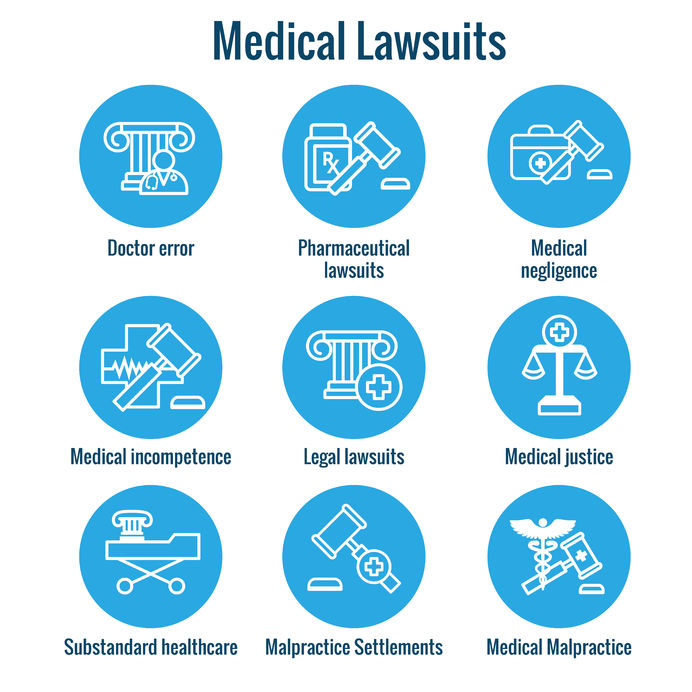

Medical Malpractice: Study Finds Women Less Likely to Receive Life Saving Treatment for Heart Issues
New research published in the December issue of Women’s Health Issues reveals that sexism in healthcare is literally killing women. Researchers at George Washington University measured gender bias in emergency situations by analyzing data from the National Emergency Medical Services Information System (NEMSIS) database. The dataset included about 2.4 million people total; 1.2 million of them were women. Patients were spread across 46 states and focused on people over the age of 40 with a higher risk of heart disease and cardiac arrest. They found that women are less likely than men to be resuscitated (1.3 percent), given aspirin (2.8 percent), receive cardiac defibrillation (8.6 percent) or rushed to the hospital in ambulances using lights and sirens (4.6 percent). The bottom line is that women’s lives are more often put in danger than men in emergency health situations.
Read More

Medical Malpractice Lawsuit for Bowel Injury Caused by Hernia Repair Surgery
Hernia surgery is common and has positive patient outcomes the vast majority of the time. This is no comfort to the two percent of ventral hernia surgery patients that experience bowel injuries as result of the procedure however. Bowel injuries can lead to serious complications including sepsis and fistulas and even death. Bowel injuries also increase the length of the hospital stay after hernia surgery from four to seven days and increases the likelihood of reoperations and readmissions.
(more…)
Read More

State Finds Bellingham, WA Doctor Breached Standard of Care
Dr. Craig K. Moore of Bellingham, Washington has had his doctor’s license put on oversight for two years after the Washington State Department of Health concluded that his care of a woman who was later diagnosed with rectal cancer did not meet the standard of care. Specifically, the Department of Health records show that the doctor failed to properly address the symptoms that the woman communicated with him.
Read More

Risks of Painkiller Addiction after Car Accident
In 2017, drug overdoses became the leading cause of death among Americans under the age of 50. Public health experts estimate that 2016 drug overdose deaths exceeded 59,000; the largest year over year increase ever recorded in the United States, according to data compiled by The New York Times. The increase represents an estimated 19 percent jump over 2015 opioid prescription deaths which saw 52,404 recorded drug overdose deaths.
Read More

Who Pays for Medically Unnecessary Services for Injury Victims in WA State?
When a person is injured badly they typically seek medical treatment from a qualified medical care provider. Imagine if you are injured in an accident through no fault of your own and you seek and receive medical care but when you try to recover damages, the defendant’s attorney or insurance company claims that you received unreasonable or medically unnecessary services. What if they are right? Should the injured victim now be responsible to pay for that medical care even though it was not their fault that they were injured and then received unnecessary procedures/services? No they should not but who pays?
Read More

Unnecessary Heart Procedures: Medical Malpractice
Along with any medical procedure or surgery comes risk to the patient; heart procedures are no different. In most cases cardiac procedures are performed for legitimate – often life saving – reasons but some doctors and hospitals have been accused of exposing heart patients to unnecessary heart procedures in order to pad their pockets with Medicare reimbursements. For perspective, angioplasties and related procedures are performed on 600,000 patients every year. About half of these patients are on Medicare. In 2011, angioplasties cost to the health care system an estimated $12 billion.
Read More

Failure to Treat Heart Failure
February is American Heart Month. American Heart Month is a federally designated event meant to place focus on heart health to reduce heart disease, heart attacks and heart failure. While failure to treat heart failure may contribute to a small number of deaths from heart failure; any is too many.
Data from the CDC shows that about 5.7 million adults in the United States have heart failure. In 2009, one in nine deaths included heart failure as a contributing cause. About half of people who develop heart failure die within five years of diagnosis which makes treatment the difference between life and death.
Read More

What is the Connection Between Shoveling Snow, Heart Attacks and Failure to Diagnose Cases?
In the Pacific Northwest we don’t usually get more than a few days with heavy snow on the ground which means that we are always out of practice for shoveling snow. When a person who has cardiovascular issues sets out to shovel snow they are in fact, risking a heart attack from the exertion. A study published in the journal Clinical Research in Cardiology identified 500 patients who checked into the hospital over two winters because of heart problems. Seven percent of those patients said that they were shoveling snow at the time the symptoms started. The people most vulnerable to a snow shoveling related heart attack were men, with an average age of 63, with a family history of premature cardiovascular disease.
(more…)
Read More

Top Causes Of Medical Malpractice
Medical malpractice is when a medical care provider – including a doctor, dentist, nurse, laboratory technician or a hospital/medical facility – fails to meet the “standard of care” that would have been met by other healthcare providers in similar circumstances. The failure to meet the “standard of care” must directly harm the patient in order for malpractice to have occurred. A medical malpractice claim is a claim that the healthcare provider acted negligently when providing care for the injured party.
(more…)
Read More

When is a Medication Error Medical Malpractice?
Most patients trust that when they are given a prescription for pharmaceutical drugs that the medication will be safe to use and create the desired effect. Unfortunately, in some situations prescription drugs end up harming instead of helping the patient. When a person is harmed by the prescription, administration or dispensation of a prescription drug because of a medical professional’s negligence; the doctor, nurse or pharmacist may be held liable for damages caused by the medication error.
Read More